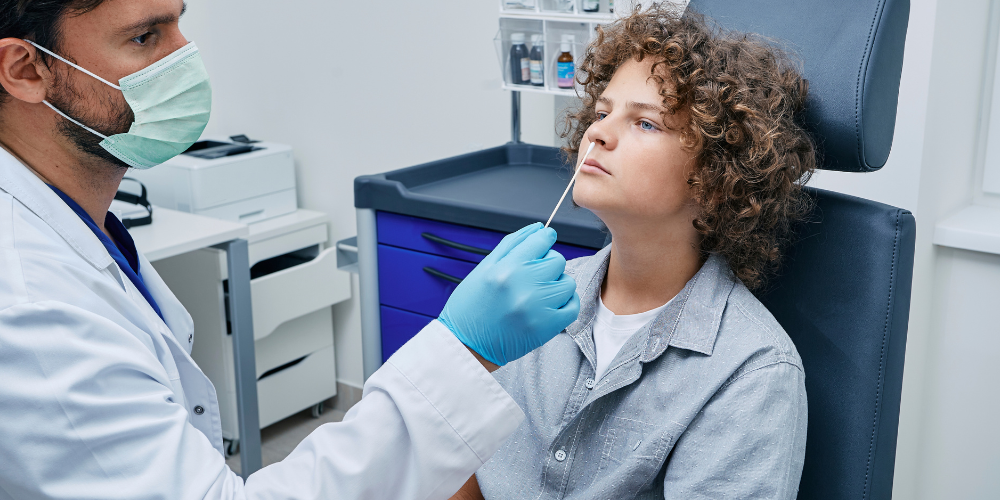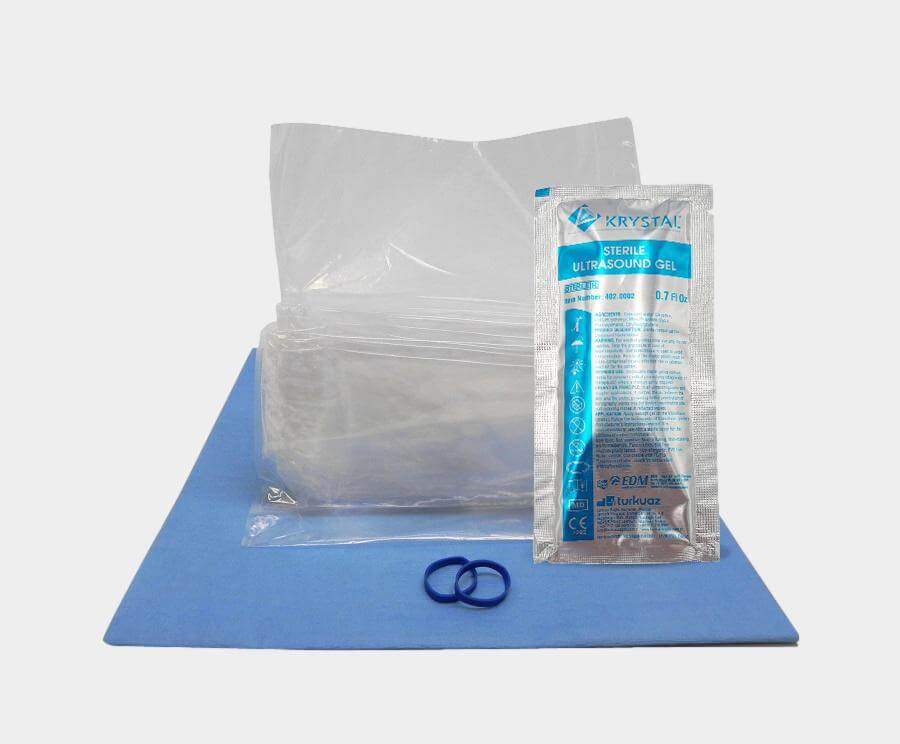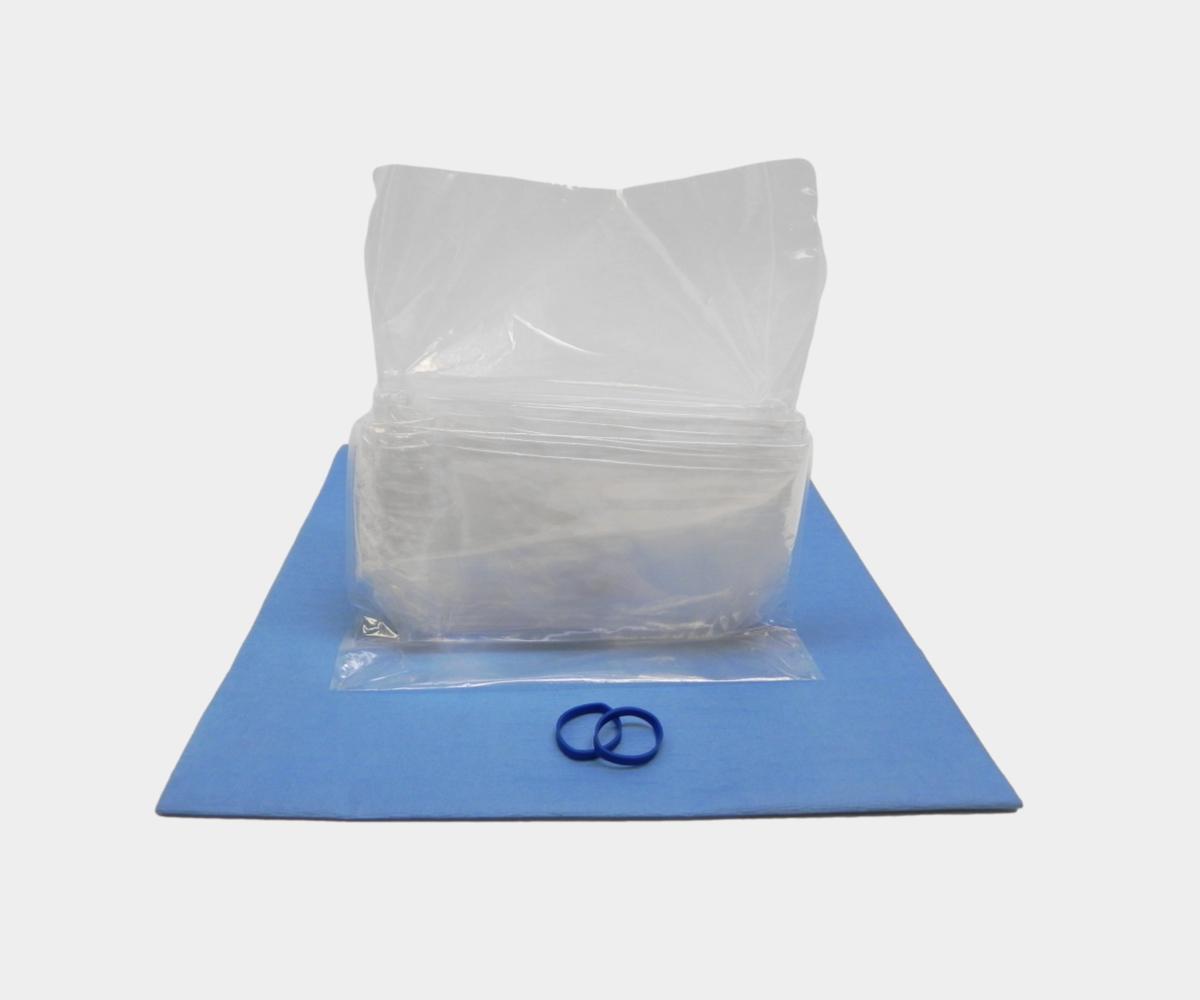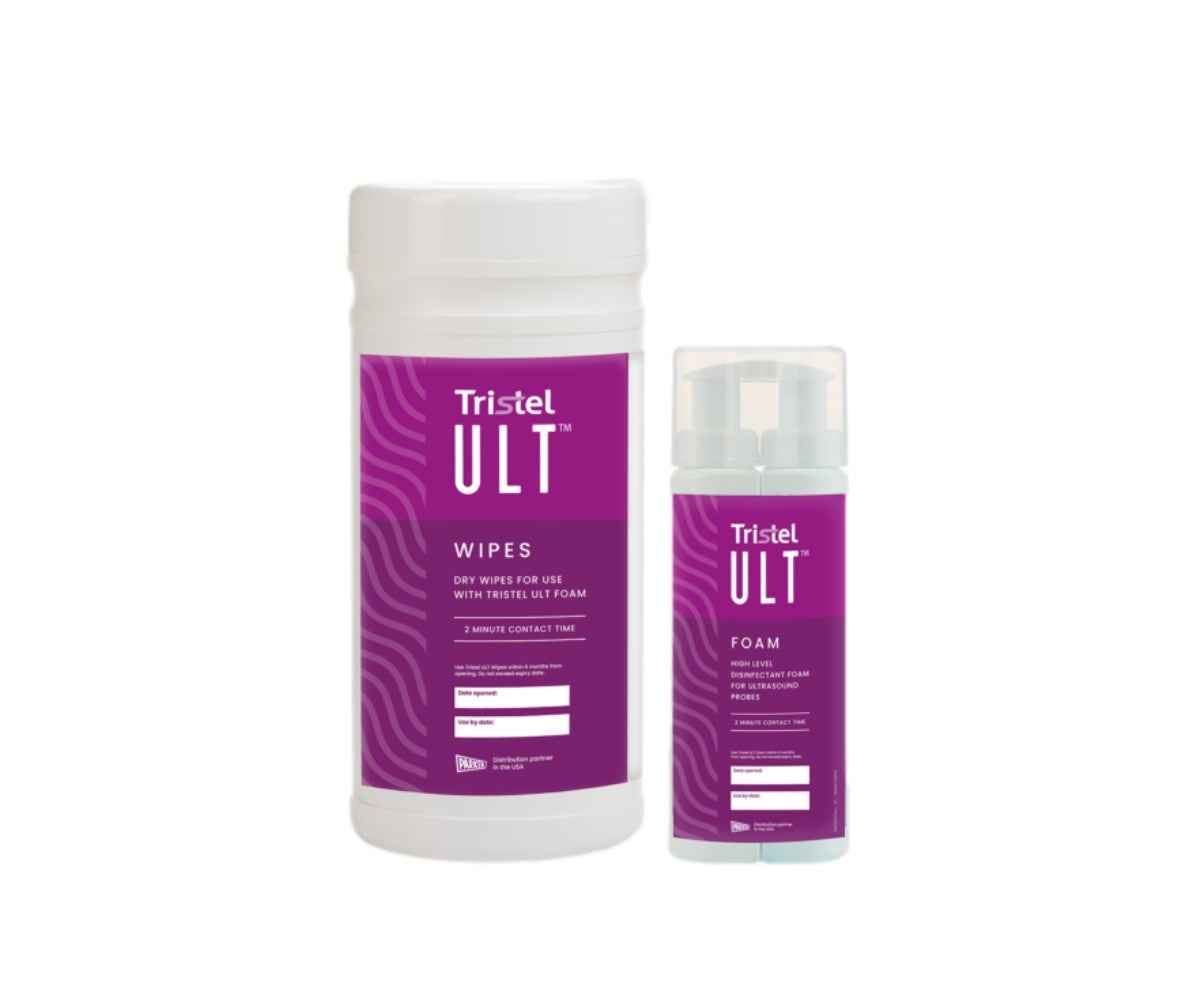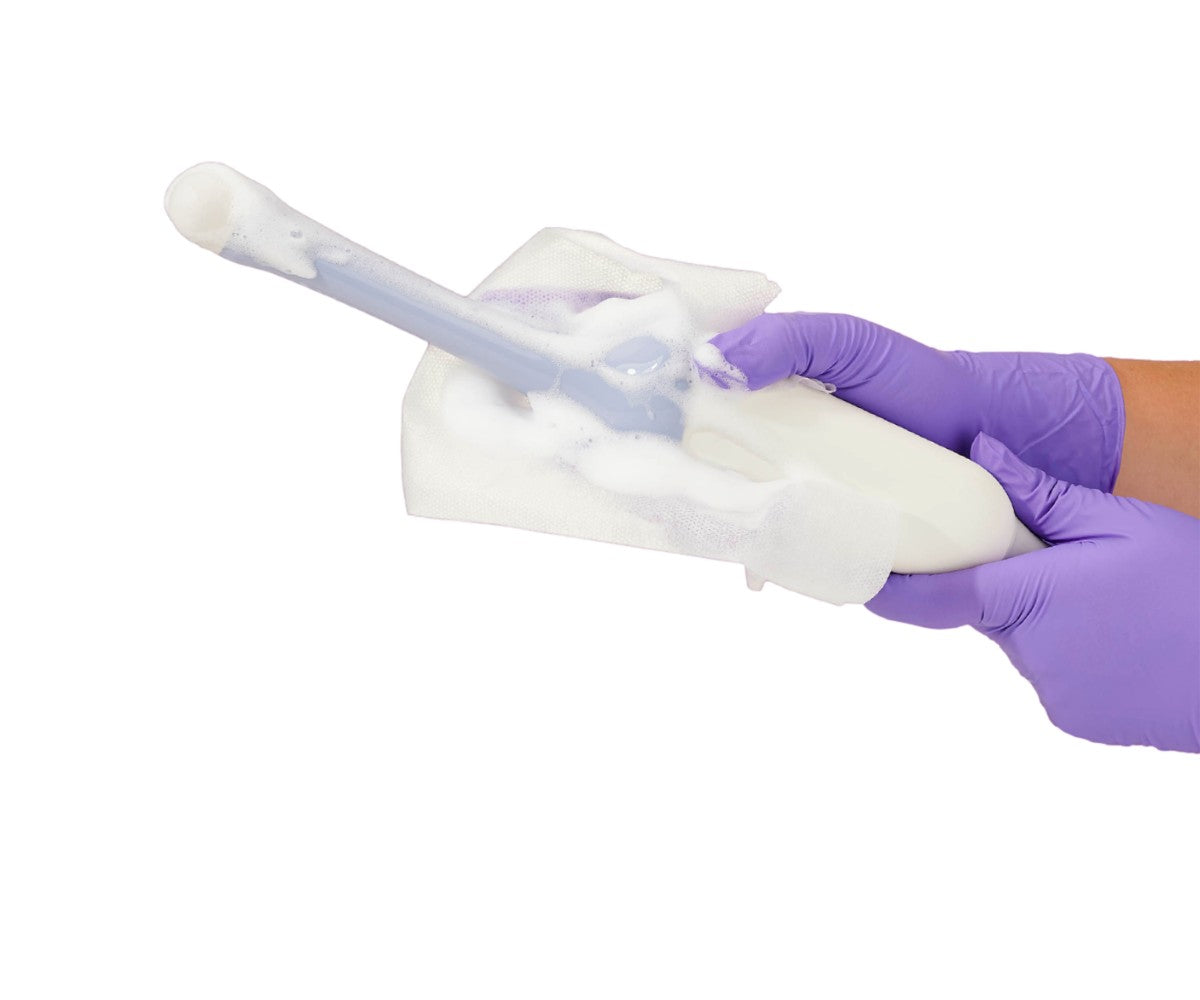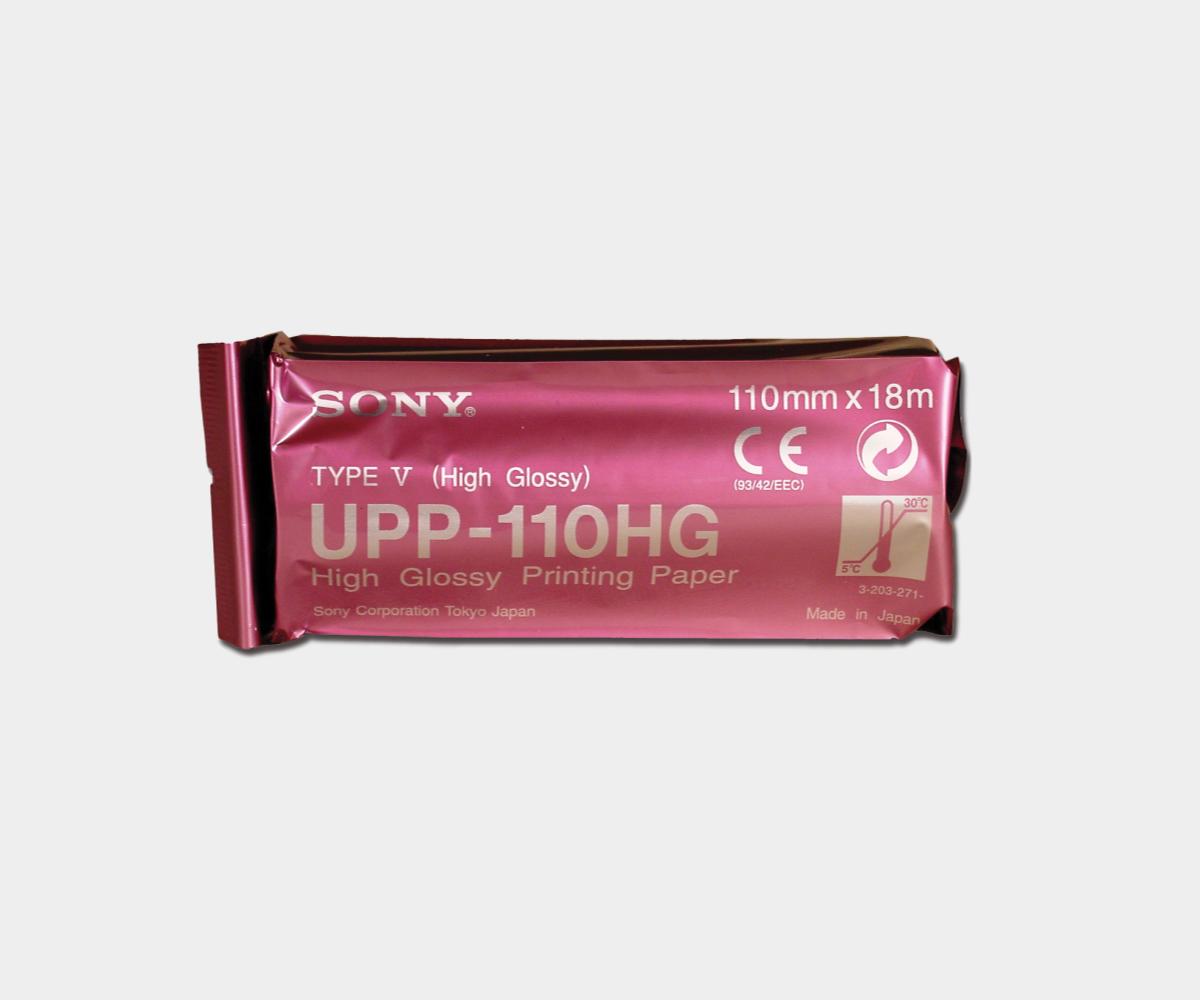Surgical site infections (SSIs) pose a significant challenge in healthcare, primarily driven by gram-positive organisms, notably staphylococcus species. Despite advancements in surgical techniques, SSIs affect approximately 0.5% to 3% of surgical patients, leading to prolonged hospital stays and often requiring complex and potentially toxic antibiotic treatments. Nasal carriage of Staphylococcus aureus is prevalent in about 30% of patients, significantly elevating the risk of SSIs.
In response to this microbial landscape, interventions focusing on nasal decolonization have emerged, aiming to diminish the reservoir of pathogenic bacteria, particularly staphylococcus species, in patients undergoing high-risk procedures, including those in ambulatory surgery centers (ASCs).
Current Strategies and Guidelines
The Centers for Disease Control and Prevention (CDC) has outlined core strategies for the prevention of surgical site infections, emphasizing the role of nasal decolonization in select high-risk procedures such as cardiothoracic, orthopedic, and neurosurgery.
The recommended approach typically involves the application of antiseptic agents like mupirocin or povidone-iodine in conjunction with chlorhexidine gluconate (CHG) bathing.
Facilities have the flexibility to adopt either universal decolonization protocols or screen patients undergoing high-risk surgery for staphylococcus aureus carriage and provide targeted decolonization to positive cases.
Here, we will explore the three available options for nasal decolonization: mupirocin (an antibiotic cream), povidone-iodine swabs, and alcohol-based antiseptics.
Mupirocin-Based Nasal Decolonization
Since its debut on the market in 1985, mupirocin has stood as a fundamental element in the arsenal of antimicrobial interventions for nasal decolonization. Derived from pseudomonas fluorescens, its composition rich in carboxylic acid has bestowed upon it formidable efficacy against gram-positive organisms, particularly staphylococcus.
In a study conducted in 2014 by researchers from the Medical University of South Carolina, 39 healthcare workers colonized with staph aureus were recruited, screened, and enrolled. These workers were subjected to the application of an alcohol-based solution or a placebo to their nasal passages at the beginning of their shifts.
The process was repeated every four hours, culminating in a total of three applications within a ten-hour timeframe. This limited study, conducted among presumably healthy adult healthcare workers, demonstrated an impressive overall reduction in staph aureus colonies by 91%.
Despite its efficacy, the evolving landscape of mupirocin resistance adds complexity to its role in nasal decolonization strategies. Recent analyses have revealed resistance rates as high as 12.6%, posing significant challenges to healthcare facilities in terms of antimicrobial stewardship.
Another notable challenge in mupirocin-based nasal decolonization is patient compliance. The regimen typically involves twice-daily application for five consecutive days prior to surgery, necessitating patients' consistent adherence to prescription filling and self-administration.
Unfortunately, studies indicate that less than half of patients consistently adhere to this protocol, highlighting the importance of addressing compliance issues to optimize the effectiveness of nasal decolonization strategies.
Povidone-Iodine: A Promising Alternative
Synthesized in 1955, povidone-iodine represents a compelling alternative to traditional antibiotics in the realm of nasal decolonization. Unlike mupirocin, povidone-iodine boasts broad-spectrum antimicrobial properties without any demonstrable in-vivo resistance. This characteristic aligns with the principles of antimicrobial stewardship, offering rapid decolonization without fostering microbial adaptation.
Recent recommendations from prominent organizations such as the CDC, the Society for Healthcare Epidemiology of America (SHEA), the Association for Professionals in Infection Control and Epidemiology (APIC), and AORN endorse the use of povidone-iodine in nasal decolonization protocols. Its ease of application relative to mupirocin has garnered attention and acceptance among healthcare professionals.
In a study involving over 1,500 patients undergoing primary revision arthroplasty, researchers compared the efficacy of mupirocin and povidone-iodine in nasal decolonization. While SSIs due to any pathogen were halved in patients decolonized with povidone-iodine, this difference did not reach statistical significance (P-value of 0.06). However, the absence of deep SSIs caused by Staphylococcus aureus in patients receiving povidone-iodine highlights its potential superiority over mupirocin.
Alcohol-Based Nasal Decolonization
Alcohol-based antiseptics are increasingly recognized as an alternative for nasal decolonization, particularly amid concerns regarding antibiotic-resistant organisms and the imperative for antibiotic stewardship in healthcare settings.
A study published in the American Journal of Infection Control in 2022, investigated the antimicrobial efficacy of an alcohol-based antiseptic nasal swab in reducing S. aureus and total bacterial levels in the nares after a single application. Post-application bacterial samples demonstrated a substantial reduction in S. aureus colony forming units (CFUs) by 98.8% and total bacterial CFUs by 91.9% compared to the control swab.
However, a notable limitation of alcohol-based antiseptics is their short duration of action, necessitating multiple applications throughout the day to maintain efficacy. This frequent application requirement raises compliance concerns similar to those associated with mupirocin. Ensuring patient adherence to the prescribed regimen remains a critical consideration in the effective implementation of alcohol-based nasal decolonization protocols.
Moving forward, further research and clinical trials are warranted to elucidate the long-term efficacy and safety profiles of these nasal decolonization strategies. Additionally, efforts should focus on addressing compliance barriers and optimizing protocols to maximize their effectiveness in reducing SSIs and enhancing patient outcomes in ASCs. By embracing innovative approaches and evidence-based practices, healthcare professionals in ASCs can forge a path towards safer surgical environments and improved patient care.

EDM Medical Solutions is a premier supplier and manufacturer of medical imaging products, including ultrasound supplies, surgical drapes, and needle guides. We are committed to delivering a high-quality and cost-effective range of products that enhance patient care and operational efficiency.
Our Krystal brand, featuring probe covers and equipment drapes, sets the industry standard for quality, safety, and reliability. Switching to Krystal can mean up to 30% in savings on your supplies.
With market-leading prices and rapid shipping options, we ensure our clients have immediate access to the supplies they need, when they need them. That's why over 2,000 facilities in the US choose EDM.
By prioritizing customer satisfaction and maintaining excellent service standards, EDM continues to be the partner of choice for facilities across clinical areas, including ASCs, imaging centers, and Ob/Gyn practices.

